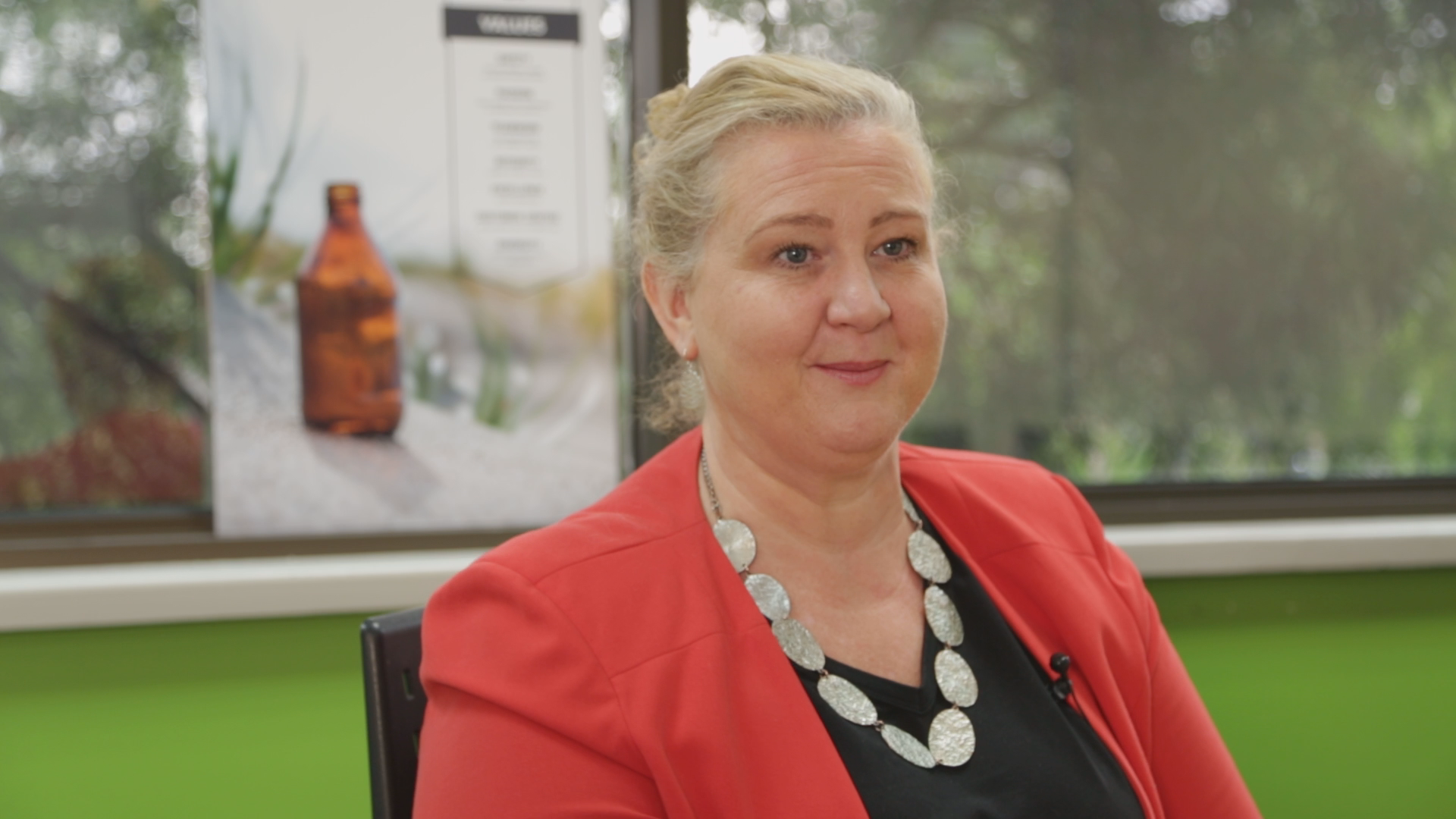“Never doubt that a small group of thoughtful, concerned citizens can change the world. Indeed it is the only thing that ever has.” — Margaret Mead
This simple statement by a renowned American cultural anthropologist encapsulates the founding of the National Association of Women in Operations, and the groundswell of supporters for a world where women and men can be equally represented and valued at every level.
However, change is driven by catalysts. And the catalyst for NAWO was Angela Tatlis.
Angela realised very early in her career that her astute head for business was her strength and real passion. However launching her careter in supply chain came more by chance – “that was where my graduate program with Nestle concluded,” she explains
Her career flourished and, when it came time to start a family, she was fortunate to be working for a pharmaceutical company with a very generous paid maternity scheme. This, along with an incredibly supportive husband, was a lifeline when she had four children in quick succession.
It wasn’t until she changed employers that she realised just how valuable, and rare, that paid maternity support was.
“Women in my new workplace kept asking me how I managed to juggle children and a career”, she ponders.
As the realisation grew that women were facing some very challenging issues trying to develop, or even just maintain, their careers, she received the phone call that was her personal call to action.
Lisa Eccleston of Orora had contacted the HR Directors of ten of her customers, and invited them to send one of their executive women to a lunch to discuss the experiences of women in operational companies. “Out of that one small act came the realisation that those organisations did not have 10 executive women to attend the lunch. In fact, including me, there were only three.”
From the initial meeting, the decision was made to host an event. Fifty women came to the event, which was hosted by Mondelez and held in one of their training rooms. “The buzz of excitement in the room that followed the women into the carpark as they continued conversations well after the event had concluded demonstrated the need was real,” remembers Angela.
Off the back of the first event, other companies volunteered to host events, and they would invite both their women and their senior executives to attend and speak at the events. Thus NAWO’s model of women and men attending events evolved.
Orora was again the driver of change when hosting a second event. “The CEO, Nigel Garrard, leaned in to ask if we had a website,” said Angela. “At that stage we didn’t have a website, we weren’t even an entity.
However, change is driven by catalysts. And the catalyst for NAWO was Angela Tatlis.
We were just a group of volunteers who were passing the ball around hosting and organising events”.
“He donated $5000, and we realised that we had no formal means of accepting money. We weren’t an entity. We had no bank account, so we had to formalise as an association, which meant we needed a Board, and suddenly everything snowballed.”
NAWO’s Board was formed with a group of nine senior operational leaders, male and female, from big organisations. “At the board level we have a deliberate ratio of 30-40% men. To drive change, men must be part of it and they need to feel good about it,” says Angela.
The events became bigger and more structured, with more of a curriculum based approach.
“Then Lis Mannes moved from Mondelez in Victoria to George Weston Foods in Sydney and the NSW chapter was born. Then Anna Dartnell moved to Perth and the WA chapter was born , and then QLD and SA!”
Angela believes it is a contagious goodwill of people making the time to do something and work together that has spurred NAWO’s growth.
“NAWO is incredibly positive. When you ask for help on something that people genuinely believe in, they will usually say yes,“ she says
Questioning is also pivotal to moving forward. “Tim Hart was the first CEO and the first male to join the board and he challenged every aspect of what we were doing and pushed our thinking. He is a perfect example of the generosity of people who are very busy when you are doing some thing worthwhile”. While many people have indeed been willing to help, this is in no small part due to Angela’s remarkable energy, enthusiasm, ability to ‘work the room’ and build networks.
NAWO’s evolution to ‘Gen 2’ occurred with the pivotal transition from being a purely volunteer organisation to achieving membership numbers that could support a small paid staff. NAWO’s Board and State Committees also evolved, specifically targeting different skill sets and building tenure into roles to prevent becoming stale.
And so it is that Angela has reached the end of her tenure as the Chair of NAWO. She is justifiably proud of what the organisation has become, but also excited for its future.
“I have given a lot but I have also learnt a lot. And that is the beauty of NAWO. Everyone gets so much from it.”
On behalf of everyone who has been touched by the energy of NAWO, thank you, Angela Tatlis!
